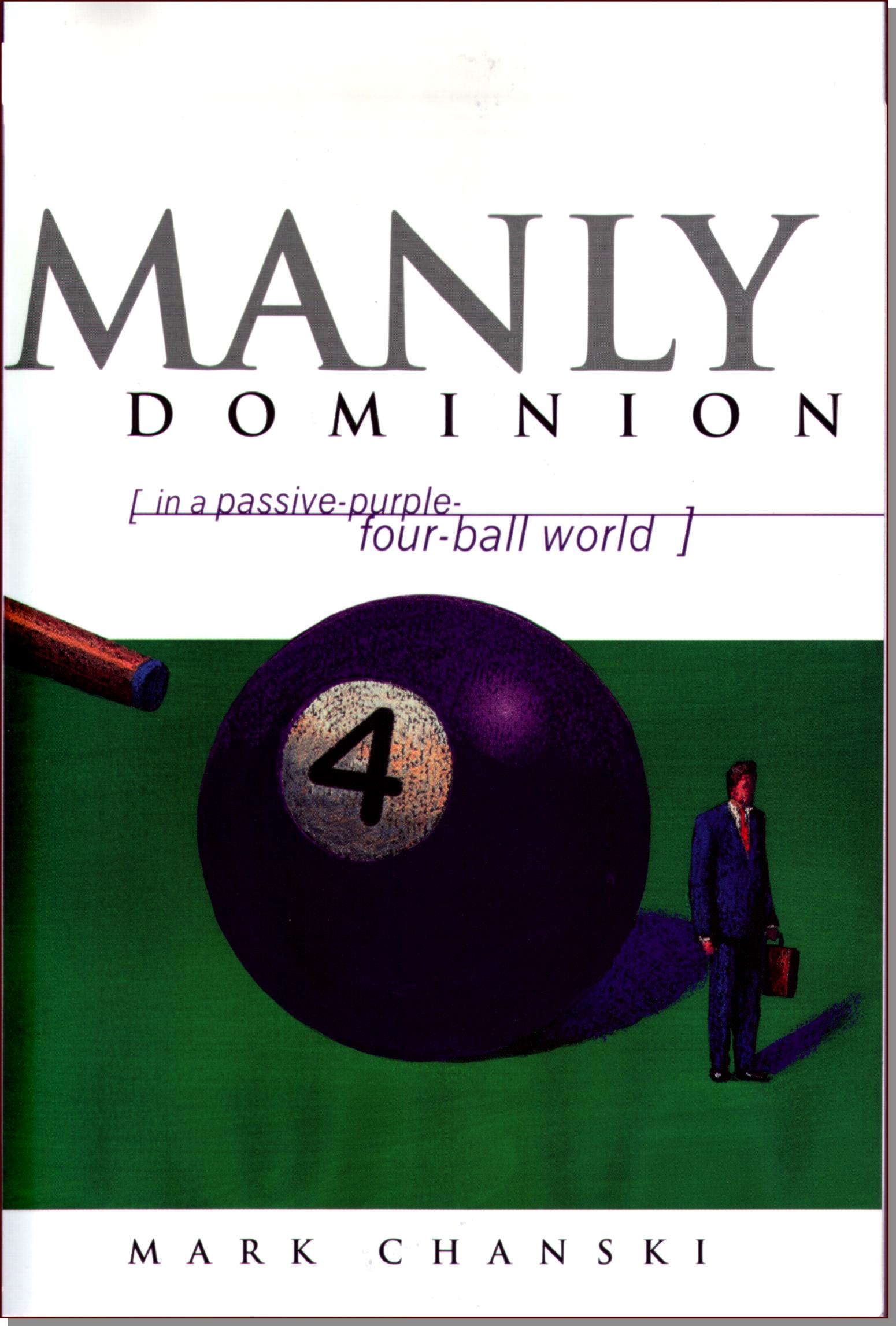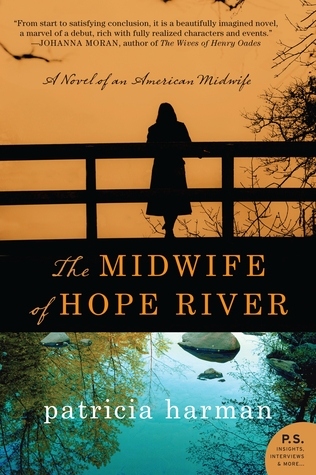God wants YOU to dominate the Earth!
So says author and pastor Mark Chanski in a recent blog interview explaining what he calls “Biblical Dominion,” a concept he takes from Genesis 1:28, which reads:
“And God blessed them. And God said to them, “Be fruitful and multiply and fill the earth and subdue it and have dominion over the fish of the sea and over the birds of the heavens and over every living thing that moves on the earth.”
Chanski reads this passage as indicating that men and women must be “active,” never “passive”:
“An image bearing man of dominion imitates his God. He subdues (brings into bondage, makes to serve him by force) and rules (governs, reigns, and holds sway over) the spheres (earth, sea, sky) around him. A man of dominion is boldly active.”
Sounds kinda, well, dominating. But not necessarily ‘Biblical.’
Here’s why not:
First, (and almost incidentally), Chanski appears to see this text as indicating that “godly” people have to dominate other people and drive themselves to high achievement in every area of life. I simply don’t see that anywhere in this verse, much less in the Bible as a whole. (Blessed are the meek, anyone?)
Second, this verse is ONLY ONE within a big, big Bible. The Bible has a lot of other things to say about the relationship between human beings and God and the rest of creation, and the whole “dominion” idea is a small, small part of that. (For example, God’s answer to Job, where he’s basically goes, “Job, you have no idea what is going on in this complicated, amazing, wonderful world. Don’t try to figure it all out.”)
Third, reading this verse this way–as entailing a total control over the rest of creation on Earth–is A RELATIVELY NEW ONE. In his wonderful book, The Bible and Ecology, super-scholar Richard Bauckham notes that “no one before the early modern period” read Genesis 1:28 that way. Instead, they:
“supposed it to refer to the kinds of use of other creatures and the environment that were normal in their time: farming, hunting, building, mining, and so forth. They did not suppose that Genesis 1 set humanity a task of achieving total control over the Earth. Total control obviously belonged to God alone.” (p. 6)
Bauckham goes on to point out that it was Francis Bacon who “hijacked” the Genesis text to lend authority to the project of scientific and technological exploration (and exploitation)–whose excesses, says Bauckham, “have given us the ecological crisis.”
 So yes–reading Genesis 1:28 this way seems rooted in a desire to legitimize CONTROL–and acid rain, peak oil, global warming, polluted water, mistreated livestock, irresponsible use of agricultural chemicals, and MORE are the unfortunate results in the ecological sphere.
So yes–reading Genesis 1:28 this way seems rooted in a desire to legitimize CONTROL–and acid rain, peak oil, global warming, polluted water, mistreated livestock, irresponsible use of agricultural chemicals, and MORE are the unfortunate results in the ecological sphere.
Bauckham’s book presents a refreshing alternative, one that’s inspired me to think differently about my relationship to the rest of creation. Throughout the book, he shows how Scripture’s vision of humanity’s position within creation is as a member of a community, occupying a special place as God’s image bearers, but nonetheless in essential solidarity with God’s creation. In navigating the complicated food landscape, I find this concept so helpful–food is such a tangible way in which we’re connected to the Earth. God means for us to live as responsible and loving members of a community of creation, and choosing food well (and enjoying it, as God intends!) can actually be a way of exercising respect and care.
To some, Mark Chanski will seem so extreme as to be irrelevant. But viewing Genesis 1:28 as legitimizing human domination over the rest of creation is destructive even in less extreme forms, too.
In sum:
There’s nothing Biblical about “Biblical Dominion.”
The earth is the Lord’s and the fullness thereof,
the world and those who dwell therein,
for he has founded it upon the seas
and established it upon the rivers.













